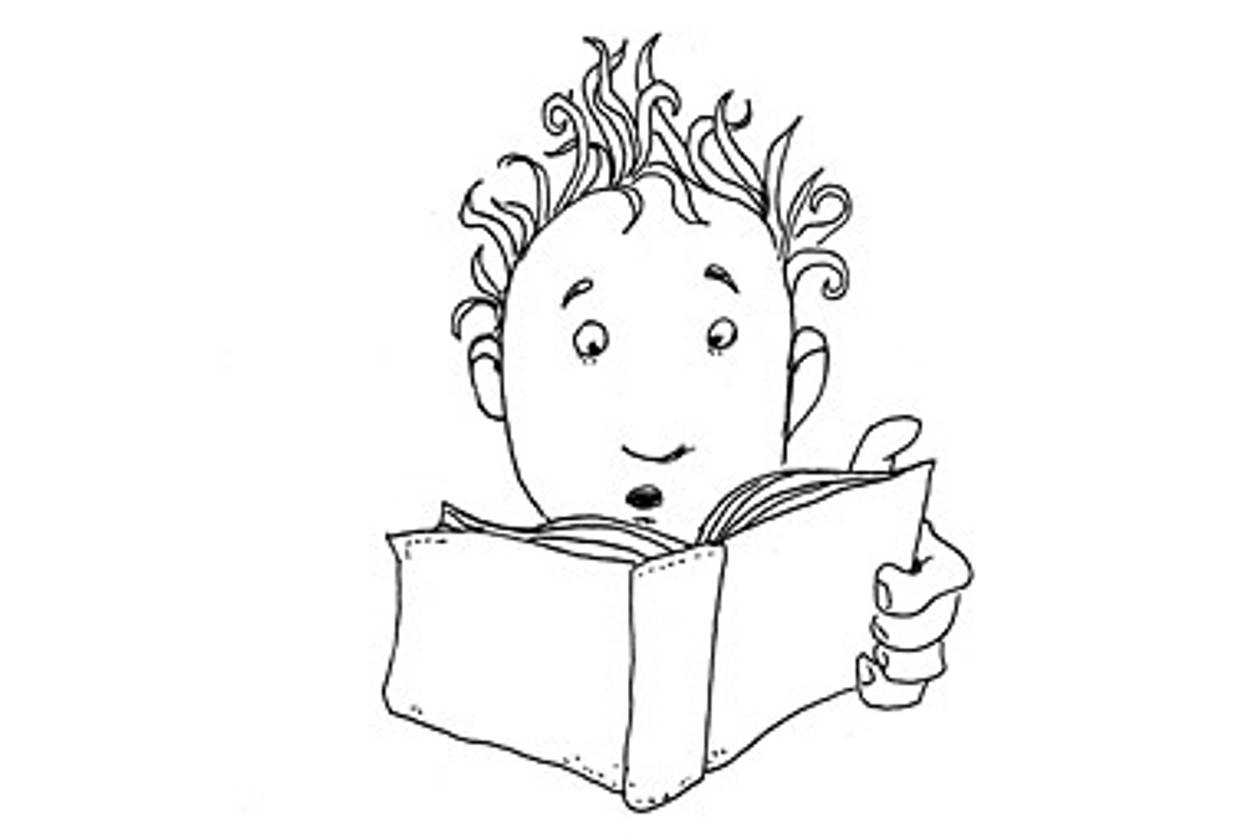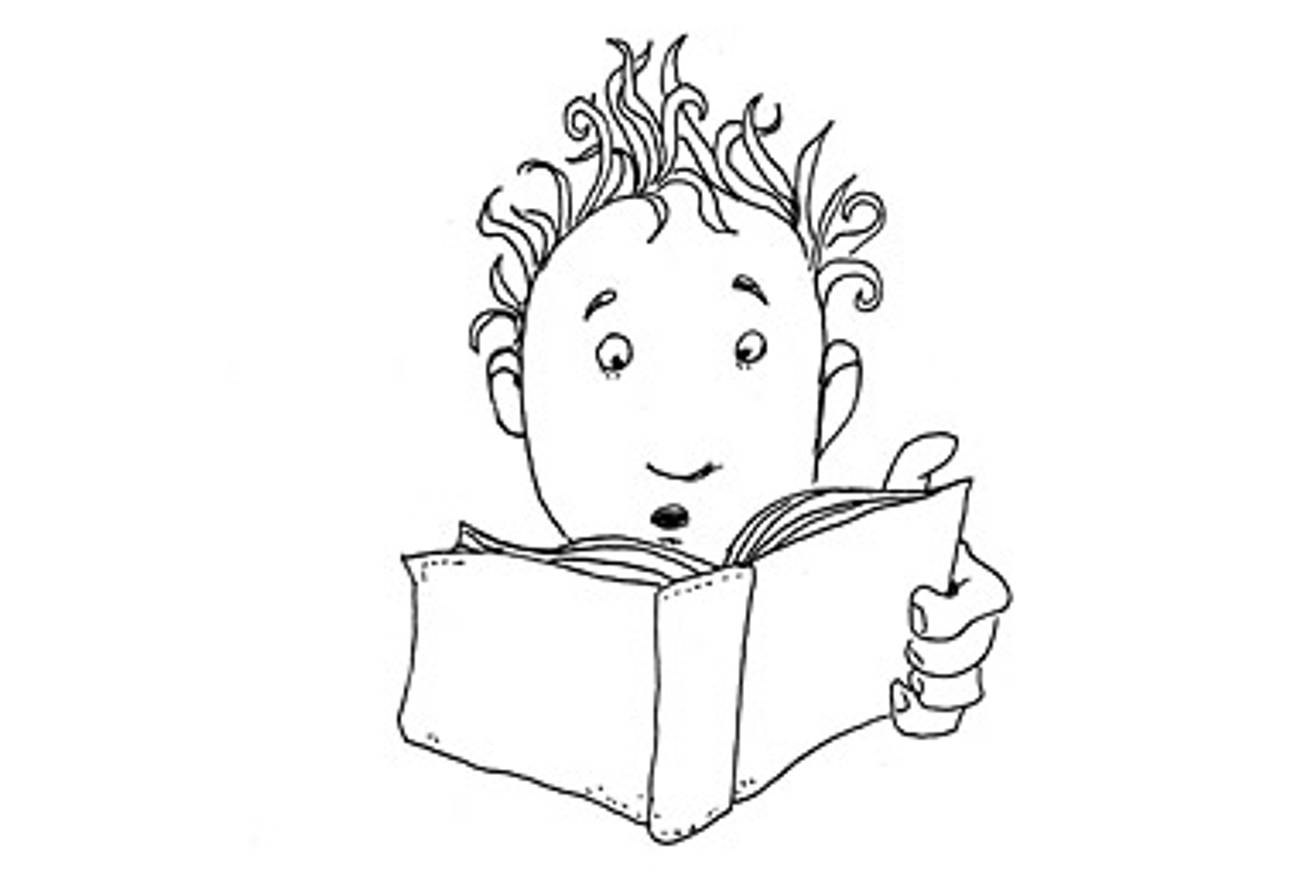Bomb the Ban!
In praise of Shel Silverstein and other banned children’s book authors




Banned Books Week falls on the last week in September every year. To mark it this year, we thought we’d offer a little tribute to Jewish children’s book authors whose works have been banned or challenged. And in homage to one Jewish writer whose books get attacked with great regularity, we decided to do it in verse, a la Shel Silverstein. Silverstein’s 1974 book Where The Sidewalk Ends was challenged at the West Allis-West Milwaukee School Libraries in 1986 because it “suggests drug use, the occult, suicide, death, violence, disrespect for truth, disrespect for legitimate authority, rebellion against parents,” and at the Central Columbia School District in Bloomsburg, Pennsylvania., in 1993, because the poem “Dreadful,” which is about how “someone ate the baby,” encourages cannibalism. Silverstein’s 1981 book A Light in the Attic was challenged by an elementary school in Beloit, Wisconsin, in 1985 because the poem “How Not to Dry the Dishes” “encourages children to break dishes.”
In our poem, please refer to the notes below to learn the stories behind each author’s battle. And know that though we’ve only provided one example of censorship for each author in the poem, in real life there are many, many more.
[1] In 1972, a librarian in Caldwell Parish, Louisiana, used tempera paint to diaper the naked baby in Maurice Sendak’s In the Night Kitchen. In 1993, the book was challenged in Minnesota’s Elk River elementary schools because “reading the book could lay the foundation for future use of pornography.”
[2] In The Boy Who Lost His Face, by Newbery Medalist Louis Sachar, a boy gives the middle finger to an old woman during an episode of peer pressure and bullying. The book was challenged at an elementary school in San Ramon, California, in 1993. for obscene gestures, profanity, and “inappropriate subject matter.”
[3] In William Steig’s Caldecott-Medal-winning Sylvester and the Magic Pebble, police officers are drawn as pigs. The Illinois Police Association therefore wrote to librarians in 1977 asking them to remove the book from libraries. (Even though the pigs in the book are perfectly nice pigs.)
[4] Are You There God? It’s Me, Margaret by Judy Blume is No. 60 on the American Library Association’s list of the 100 Most Frequently Banned or Challenged Books of the 1990s. (In the Night Kitchen is No. 10.) It’s been challenged for sexual and religious themes, as have many of Blume’s books, which may have something to do with her being so active in the National Coalition Against Censorship.
[5] Robie Harris’s four brilliant sex-education books, aimed at kids of different ages and illustrated in comic-book style by Michael Emberley, make censors crazy. Her book for teenagers, It’s Perfectly Normal, is celebrating its 15th anniversary this fall with updated sections on Internet safety, birth control, and the HPV vaccine. In 2008, a patron of the Lewiston, Maine, public library took out the book and refused to give it back because she deemed it disgusting. Other patrons then donated four copies of the book, which remain in circulation. Yay.
[6] According to the delightful website Bookslut, an elementary school in Decatur, Georgia, banned The Bad Beginning, the first volume in A Series of Unfortunate Events by Lemony Snicket because it was deemed to endorse incest. In the book, cartoonishly evil Uncle Olaf tries to steal the children’s inheritance by marrying his niece Violet. (She outwits him, of course.) “It’s difficult for me to imagine how I can construct a villain whose actions would be unobjectionable,” Snicket, aka Daniel Handler, told the Philadelphia Inquirer. “That’s called a hero.”
All the books in this poem:
In the Night Kitchen by Maurice Sendak
The Boy Who Lost His Face by Louis Sachar
Sylvester and the Magic Pebble by William Steig
Are You There God, It’s Me, Margaret by Judy Blume
It’s Perfectly Normal by Robie Harris
A Series of Unfortunate Events: The Bad Beginning by Lemony Snicket
Marjorie Ingall is a columnist for Tablet Magazine, and author of Mamaleh Knows Best: What Jewish Mothers Do to Raise Successful, Creative, Empathetic, Independent Children.
Marjorie Ingall is a former columnist for Tablet, the author of Mamaleh Knows Best, and a frequent contributor to the New York Times Book Review.